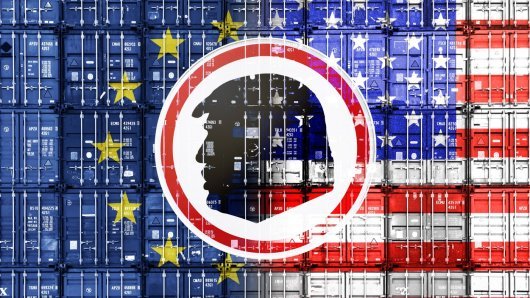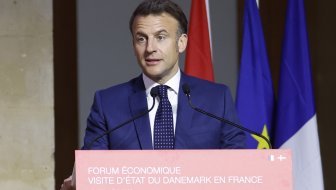The international community's High Representative in Bosnia and Herzegovina, Valentin Inzko, has reported to the United Nations Security Council that the political situation in the country is unstable largely because of failure by the six largest political parties to form a state-level government more than a year after the general election, Bosnian media said on Monday.
In his report, covering the April-October period, the Austrian diplomat particularly drew attention to obstruction by political leaders from Bosnia and Herzegovina's Serb entity, the Republika Srpska, citing their obstruction of adoption of a state budget by insisting on its reduction.
The result is that the state authorities have been operating under a limited financial structure since January 1, which has reduced their powers and effectiveness, the report said.
Inzko said that the Bosnian Serb authorities, despite their statements to the contrary, had not given up threats to carry out a referendum on the Republika Srpska's secession from Bosnia and Herzegovina.
He expressed concern about continued nationalist rhetoric, and noted that the two leading Bosnian Croat parties HDZ BiH and HDZ 1990 kept on trying to impose negotiations on establishing a third entity in the country.



































